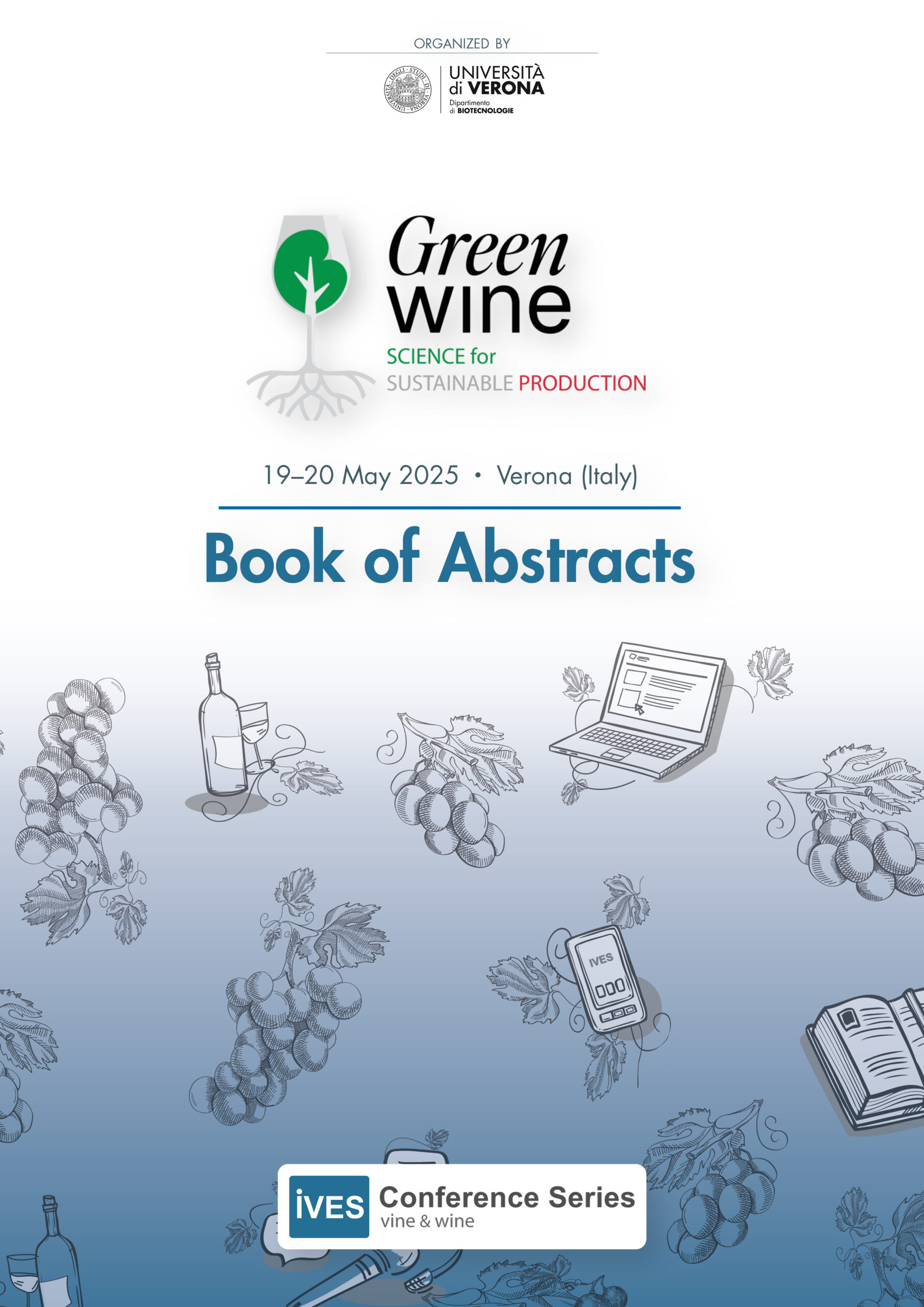Unraveling grapevine resilience to water and nutrient limitations
Water and nutrient availability significantly impact crop yield, thus the application of sustainable strategies towards efficient water use and nutrient absorption by plants is needed.


